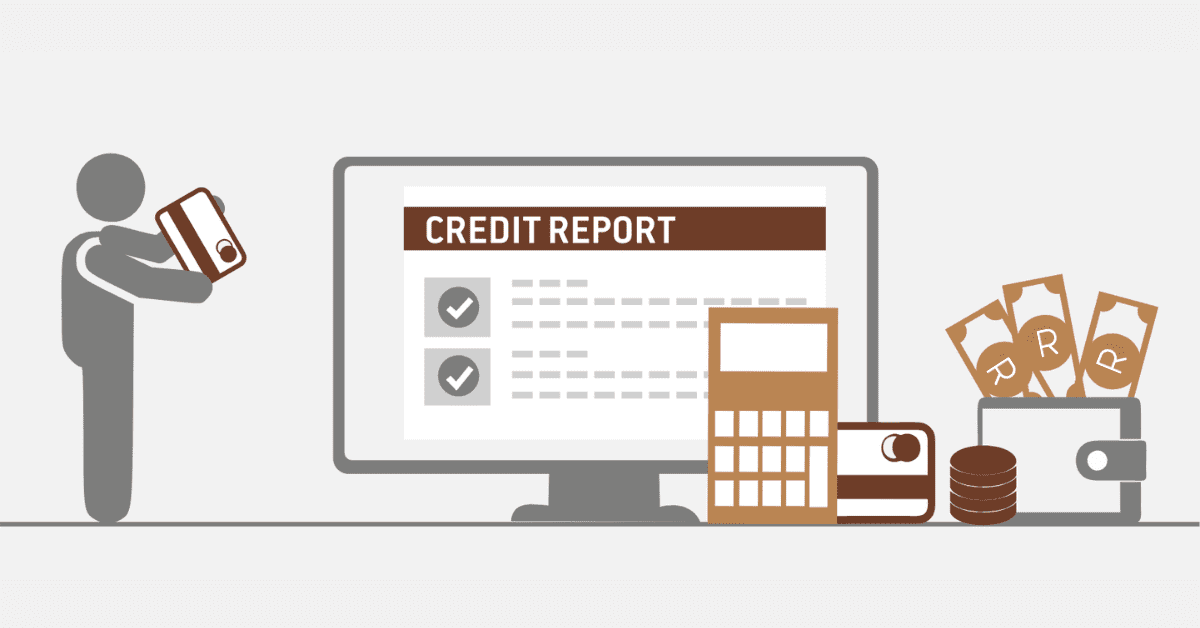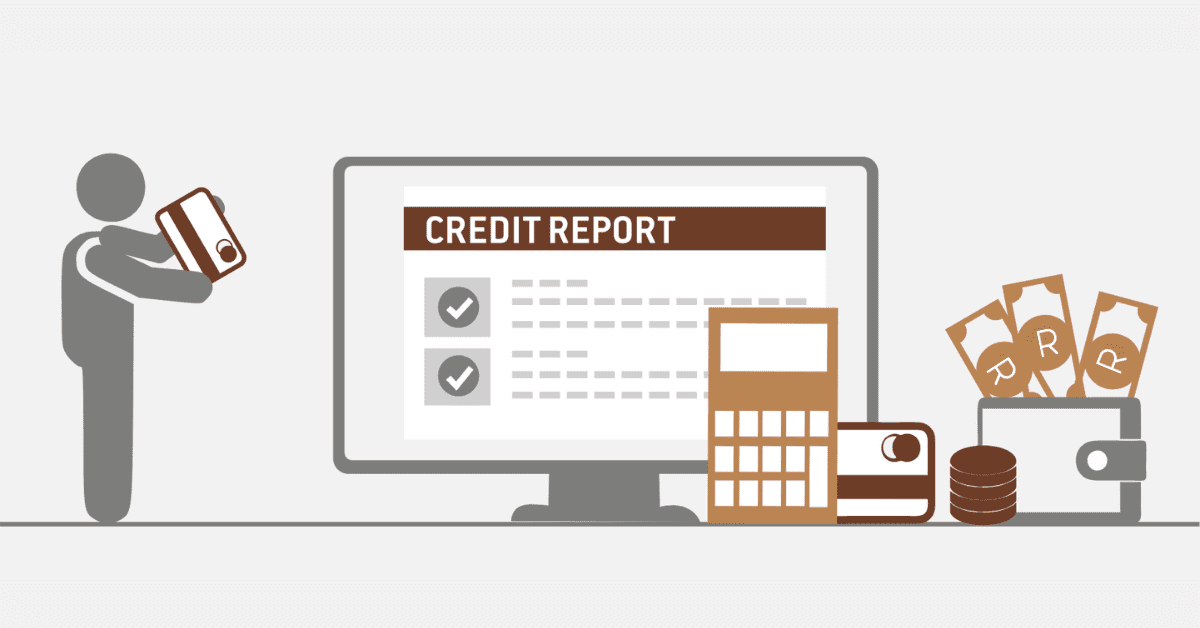Credit reports are an important part of personal finance that can open up money-making possibilities. Lenders can learn about how you handle your money by looking at your credit report, which is a detailed record of all of your credit information. It includes public data, information about your credit accounts, payment history, and balances that are still due. Credit companies get this information from different places, like banks and creditors, and put it all together to make a credit score. This three-digit number shows how creditworthy you are, which affects your chances of getting loans or credit cards. If you know how credit reports work, you can make smart choices about your money and build a strong financial credit score.
How Credit Reports Are Created
Generally, when we look at a report, certain details define a report. These details are peculiar to the features of the report.
Every report has a template and the template identifies the document to be unique.
A report card in school has an institutional format detailing the performance of the student. Although report cards may be considered to be more institutional, there are different types of reports.
Just as we translate credit reports, we look at it from different credit bureaus. And all these credit agencies have their format or template but speak the same language.
In the sense that what makes up a credit report is universal among all credit bureaus.
In South Africa, the National Credit Act controls how credit reports are made.
Credit companies like Equifax, TransUnion, and Experian put together credit reports for people by looking at how they handle their money.
Credit account details, payment history, outstanding balances, and public records like court judgements are all in these reports.
Credit companies get this information from lenders all the time. After that, a special formula is used to figure out a credit score that ranges from 300 to 850. The better your trustworthiness, the higher your score.
Every year, people can get one free credit report and challenge any errors in it. Creditors look at these reports and scores to decide if someone is a good credit risk when they ask for credit or loans.
People with good credit can get better interest rates and more loan options, while people with bad credit may have to pay more for loans or be turned down for them. Responsible money management raises credit scores over time, opening up more financial possibilities for people.
How is your credit report created?
South African credit bureaus like TransUnion, Experian, and Compuscan put together your credit score in a methodical way.
This process is done with a lot of care and attention to detail. Companies like banks, lenders, and utility companies provide information on these services from a lot of different places.
Data is gathered about your financial history, your current and past debts, how you pay your bills, and public records like court judgements. Credit bureaus make sure their decisions are correct and fair by using complex formulas and strictly following the law. Your credit record is regularly updated to show what you’ve been doing with your money.
This gives lenders a fair way to judge how creditworthy you are. Regularly checking your credit record, quickly fixing any mistakes you find, and responsibly managing your money are all things you need to do to keep your credit score high.
In South Africa, it is important to understand your credit record and take steps to improve it if you want to get better loan terms and financial opportunities.
Who makes my credit report?
Many people have the perception that their banks make their credit reports. Although banks play a huge role in financial services, the concept of credit reports is handled by credit agencies.
It is the credit bureaus that make your credit report.
How do banks report credit?
Essentially, your credit report informs lenders about how you spend your money. Not the details of your expenses but how you manage your finances. Whether you borrow too much, spend too much, or have a lot of debt, your credit report speaks about it.
However, banks do not report credit. The duty of the bank goes beyond reporting credit. Although they support lenders and creditors, banks do not have a direct role in reporting credit.
How long does it take to build a credit report?
The process of getting your first credit score usually takes at least six months to start. The time it takes to build good or great credit is longer. You can expect your credit score to keep going up if you follow the right steps to build good credit and stay away from bad credit.
It can take between six months to one year to build credit. Building good credit is the utmost goal to improve your financial capabilities.

